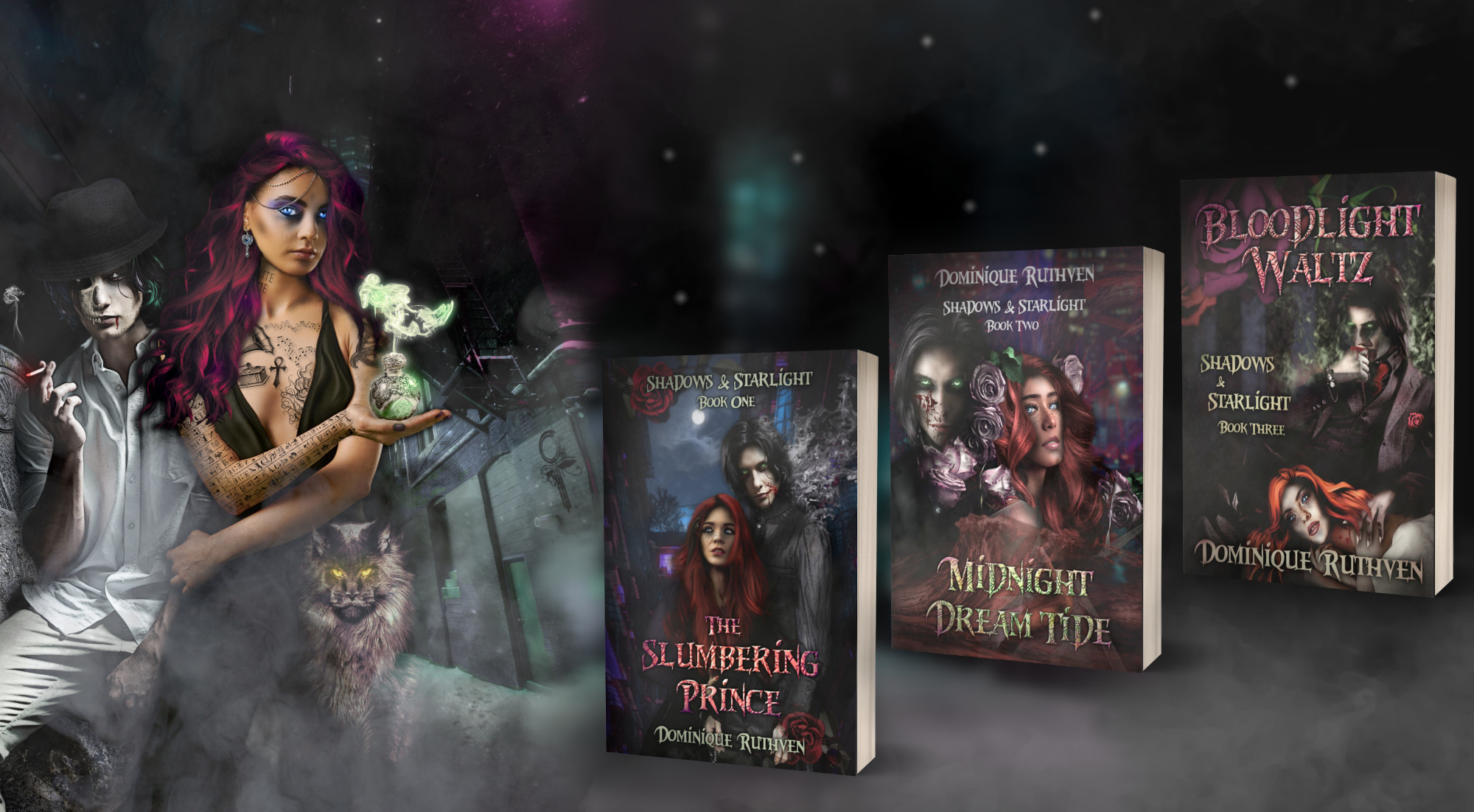I have to preface this with a disclaimer. I am trapped in an unreciprocated love/hate relationship with The Vampire Diaries and its subsequent spinoff, The Originals. TVD, especially, was at one time a guilty pleasure of mine, and then became a pet-peeve.
My peevishness stems from the show not quite being formulaic, but seeming to be a random string of repeated events in a grander scheme that has very little arch to the meta-story. Bear in mind that, at this juncture, I am on S01E05 of The Originals, and that I gave up on TVD as Season 5 drew to a close. I’m rectifying this as we speak, however, I m not pinning my hopes on TVD’s plot improving much.

Why are these series so popular?
There are so many problems with TVD that it’s hard to narrow it down to just one. The characters are too similar. The plots never deviate from the common thread, and, as always, a vampire attending high school is a ridiculous concept (I managed to appease the gods of YA vampires in “The Slumbering Prince” by having New Babylonian vampires open a university instead, while keeping the pop culture trope the same). Why would a vampire ever want, or need, to attend high school? Now, vampire high school I get. Learning to be a vampire, or learning to fit in with human society. That’s cool. But be a regular student? Have to hide a secret identity, and, and, and?
Anyway, that aside.
TVD presented an unnerving amount of underage drinking and sex, and, while these things are a reality of modern teenage society, the absolute disregard for them was, in my humblest of opinions, a disservice to the series’ credibility. They tried to shore this up with a little bit of focus on Elena’s brother’s drug problem, but their blindness to the former detracted from that too.
The Original’s, from what I’ve seen, shares a painfully similar fate. Ties between lovers mean very little in the end. The characters bear a painful resemblance to one another, physically and emotionally. WHY DOES NO ONE HAVE A BEARD?
Ahem.
But these two shows have one thing in common. They obey the simple rules of the attractive, dangerous, and inherently vulnerable male vampire figure. It’s a common trope, one we see all the time. When it’s eliminated, vampires lose some of their shine. The vampire should (must, really, in order to maintain audience affection) walk the line between tragic hero and villain. We see this in all things Anne Rice, Poppy Z. Brite, Laurell K. Hamilton, and many others, including these two shows. Even Being Human’s Mitchell (UK, not US) is ultimately doomed by his fate.

This brings us to Klaus
Naturally, thanks to the homogenous nature of the characters, Niklaus is no stranger to treading on the ice that supports what little humanity he harbours. I haven’t ventured too far into The Originals as of yet, but experience with these two shows suggests that he will maintain the course. Klaus, of course, tends to fail his morality more times than not. He’s cruel, vicious, and ometimes just a downright jackass. But he has highlighted moments of feeling. And empathy, when pitted against the background of wicked behaviour, becomes all the more appealing.
It fits nicely into the bad boy trope. Klaus is flawed. He’s a jerk. But he’s a jerk that we can hope to redeem. Women are drawn to him (and let’s be honest, the primary audience that takes in this genre is female) because they know that he can be saved from himself, and secretly they want to be the ones to finally crack through to his soft, chewy centre.
This is a cathartic feeling. Chances are, the audience has encountered a similar real life experience of the attempt to redeem the seemingly unredeemable, and relate to characters like Klaus.
Verdict?
Traditionally, it can be argued that Klaus is more than a decent character. Not to be confused with a moral character, which he most certainly is not. He’s complex and rounded, and, ultimately, that’s what a solid character should be. He’s unpredictable, and as far as vampire characters go, that’s more than a plus.

